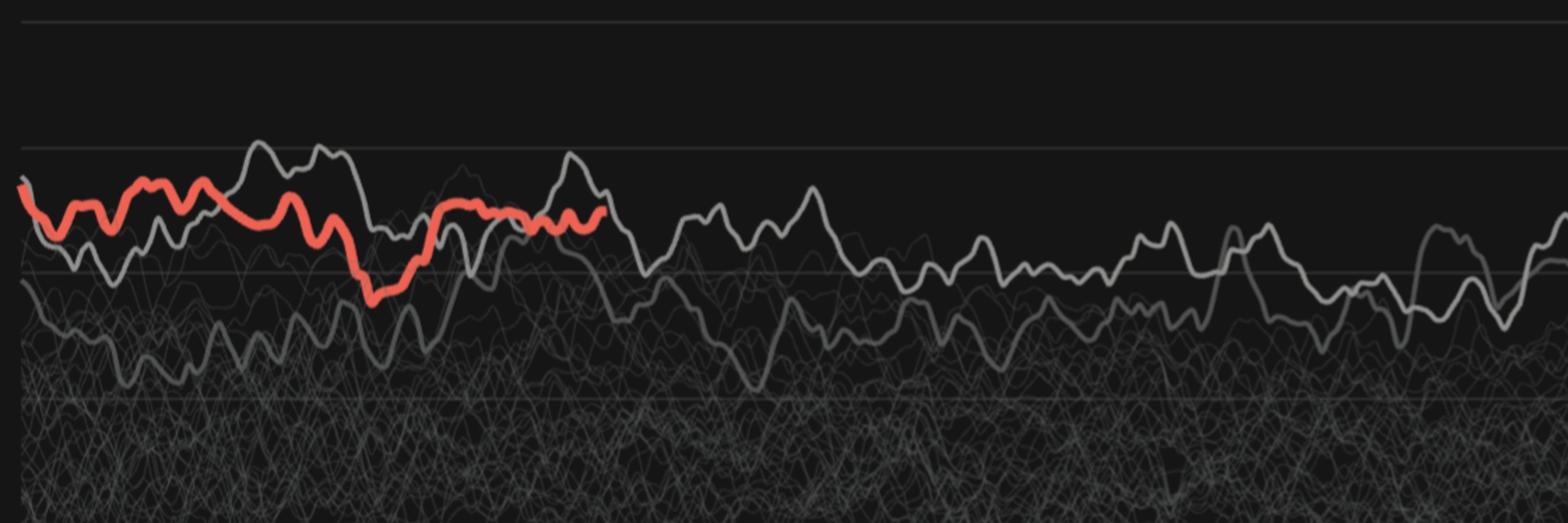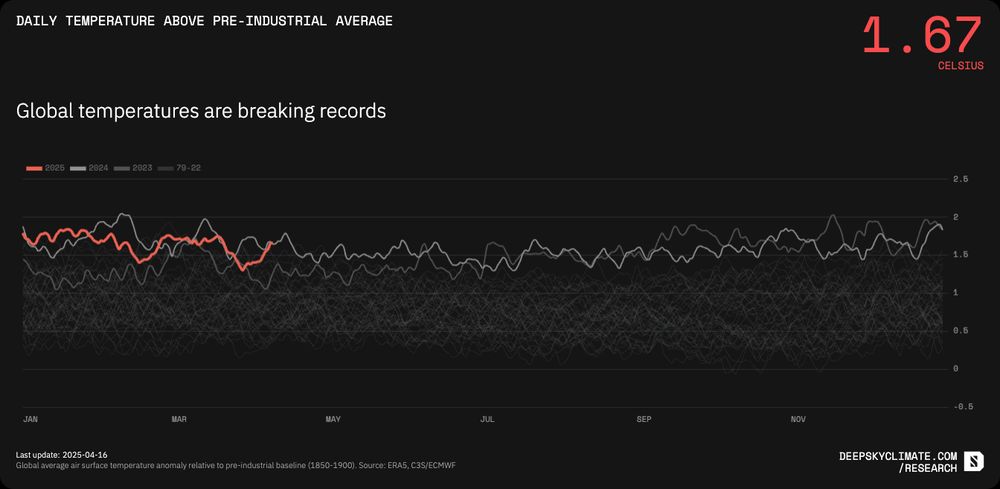Max Dugan-Knight
@maxduganknight.bsky.social
5.3K followers
1.3K following
210 posts
📈 Climate Data Scientist
💼 at Deep Sky
🇨🇦 based in Toronto
👀 https://www.deepskyclimate.com/research
also Arsenal ⚽️ and hip hop 🎧
Posts
Media
Videos
Starter Packs
Pinned
Daniel Swain
@weatherwest.bsky.social
· Jul 16








